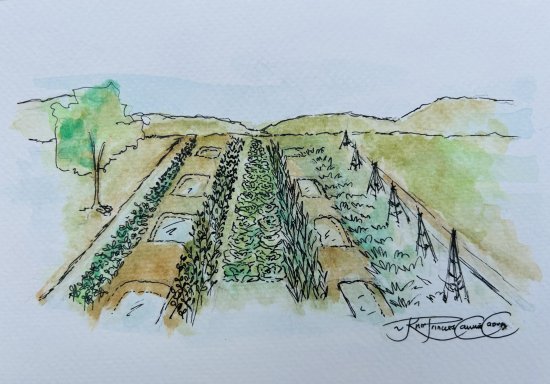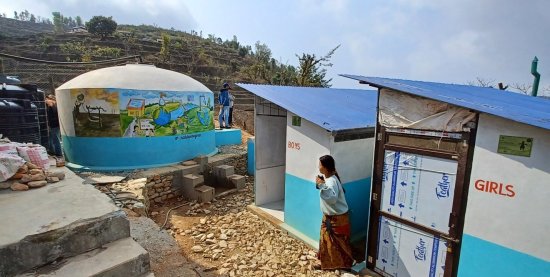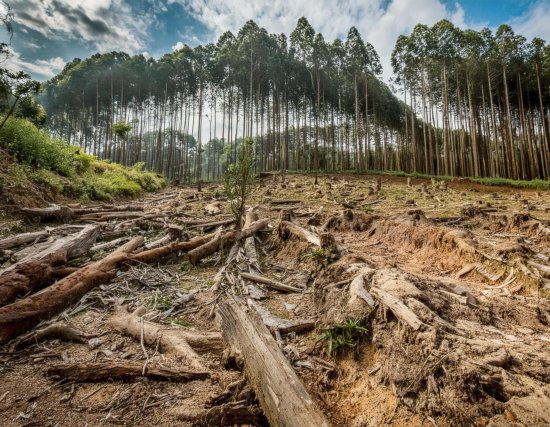
In the context of escalating global extreme weather events and the increasing prevalence of heatwaves, the importance of sustainable water management practices such as rainwater harvesting has become more pronounced. This article will delve into the potential of rainwater harvesting as a mitigating strategy for these climatic challenges, explore the innovative concept of sponge cities, and underscore the importance of advocating for rainwater harvesting.
The Escalation of Global Extreme...
read more




